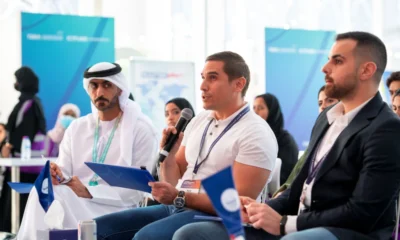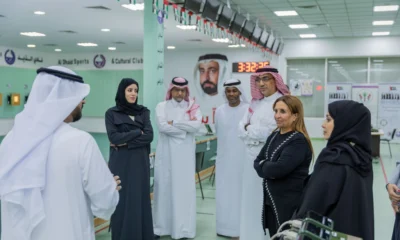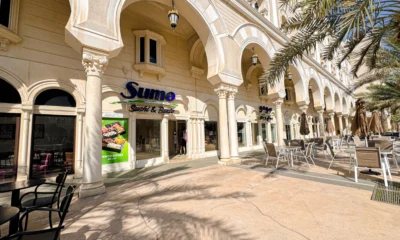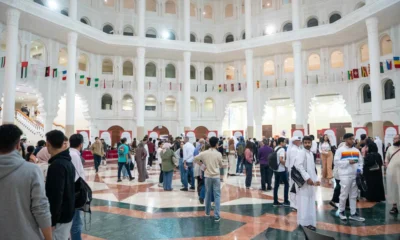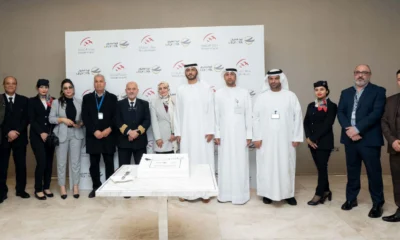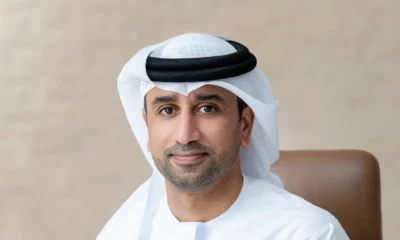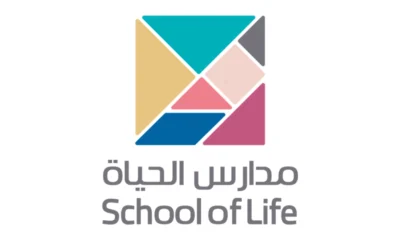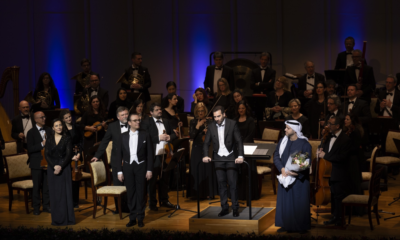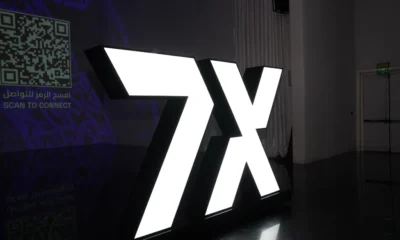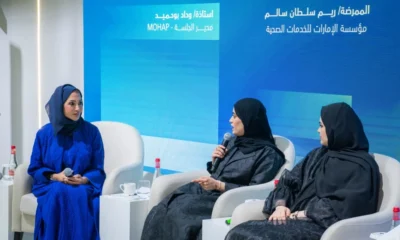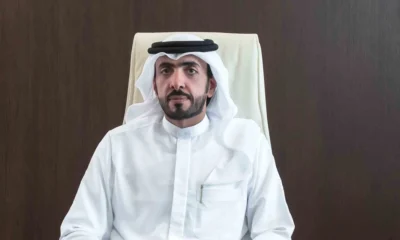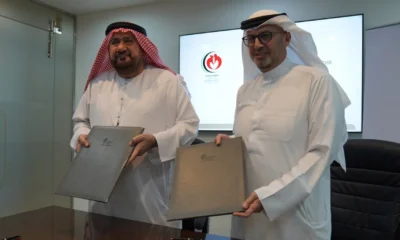Events & Happenings
Portuguese researcher leads illuminating discussion at SIBF 2023 on the Gulf’s centuries-old role as a hub for trade and exploration
Lisbon’s Jorge Flores delves into the history of the Portuguese
and Arab connection at Sharjah International Book Fair 2023
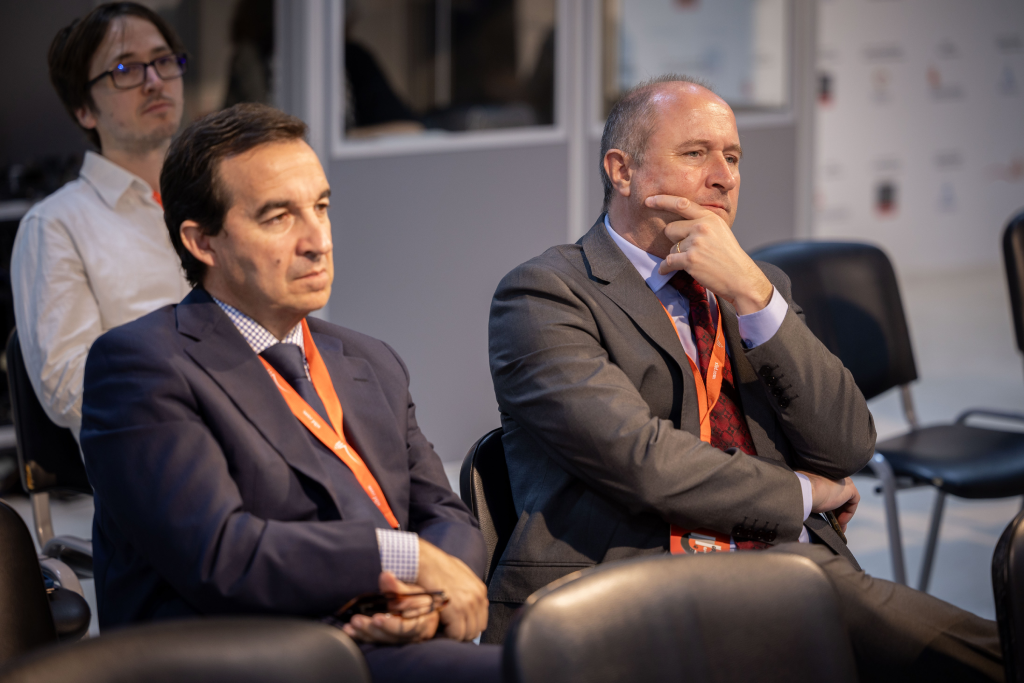
Visitors to the 42nd Sharjah International Book Fair were treated to a captivating talk by historian and researcher Jorge Flores as he took the stage to delve into 16th century maritime history and the Portuguese connection with the Arab world.
As part of the interactive session titled Navigating the Gulf in the 16th century: The Portuguese Experience, the scholar from Lisbon spoke at length about the ‘Portuguese perspective’ shedding light on how the Gulf became a critical hub in the then global network of maritime trade and exploration seven centuries ago.
“I think for the Portuguese people, the ability to come into very diverse human and social and political and religious landscapes at the early turn of the 16th century is phenomenal. If you think of Maritime Asia as a very extended space, of course, from East Africa to the South China Sea and to the Sea of Japan, the ability to come into those regions and to think, to try to identify commodities, merchants, trading routes, polities, religions and how to deal with them, is humongous,” said Flores, a Senior Researcher at the Interuniversity Centre for the History of Sciences and Technology (CIUHCT) – University of Lisbon.
Bringing the spotlight into the role of trade in forming Europe’s perceptions of the region, Flores’ talk was the first of the three lectures organised by the University of Coimbra that is showcasing as many as 60 historical artifacts encompassing manuscripts, rare books, engravings, maps, nautical instruments, works of art, and daily use items at the ongoing SIBF.
The awe-inspiring collection includes a 17th-century rare astrolabe which was used during the navigations for more accurate measurements of the stars’ placement, as well as a map of the Gulf and the Western Indian Ocean, produced in 1571.
“I wanted to shy away from a political, traditional narrative and make it more complex, by looking at regular people and regular voyages of people transporting raw materials just from one place to another to give a sense, a touch of the daily life of the Portuguese in the Gulf and with people of the Gulf once they came into sea,” he said explaining how he looked at three different time spans to give three very different examples to show how people that were in the Gulf were very much apart because they were shaped by strategies designed in Lisbon and yet the same.
“What set the Portuguese in that era was their ability to identify networks, commodities, enemies and allies and to make choices in a very short period of time with no proper intelligence. When you think about today, the internet, the deep web and so forth, you didn’t have any of that. And and it’s the first, the first moment of a European power doing that kind of exercise,” said Flores, referring to an excerpt from the Book of Duarte Barbosa (Portuguese: Livro de Duarte Barbosa) written in 1516, making it one of the earliest examples of Portuguese travel literature. Three years later, Barbosa embarked on the first expedition to circumnavigate the world, led by his more famous brother-in-law Ferdinand Magellan.




